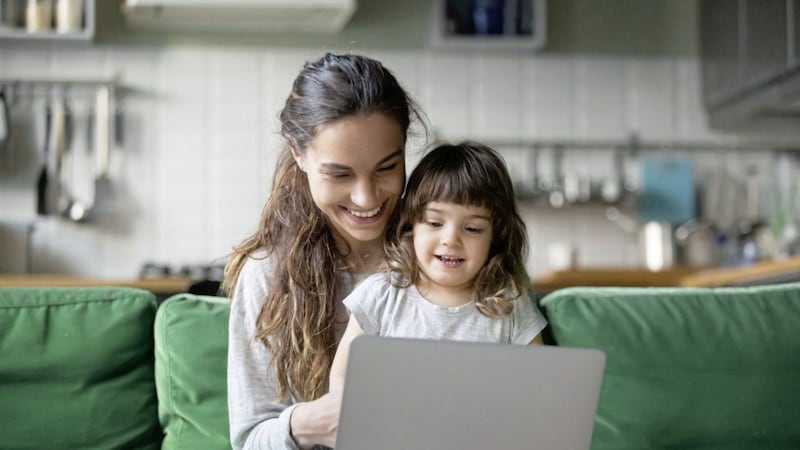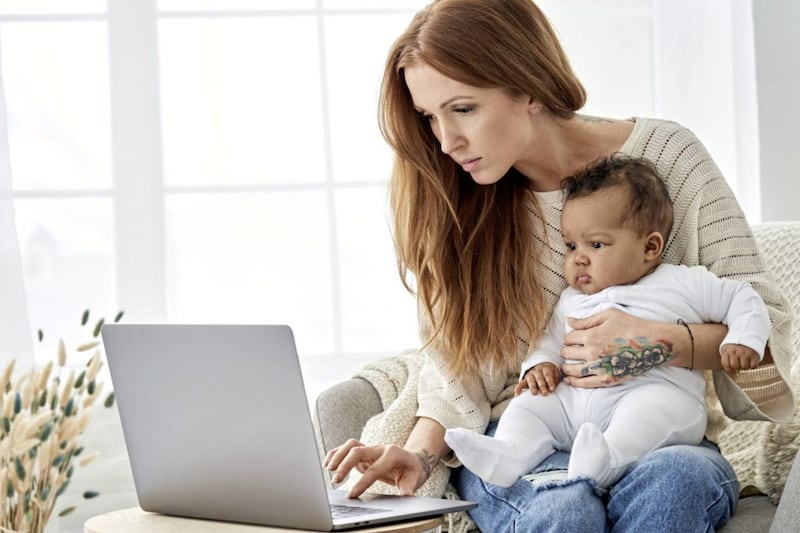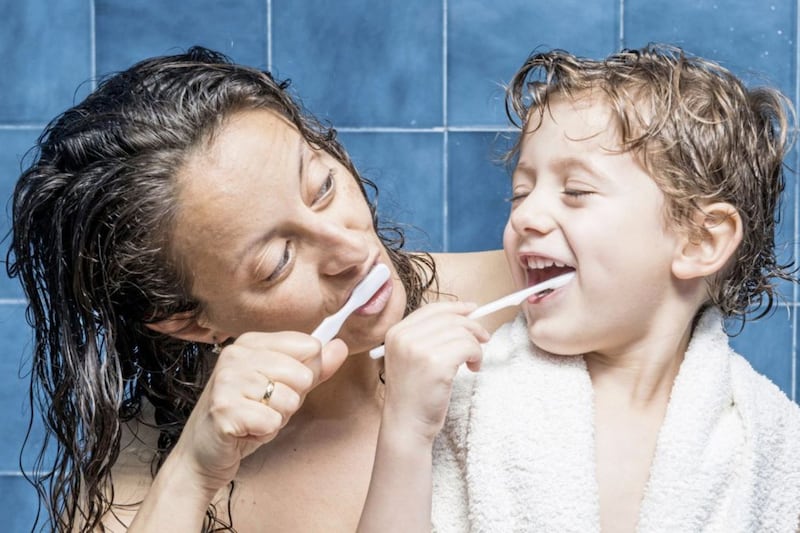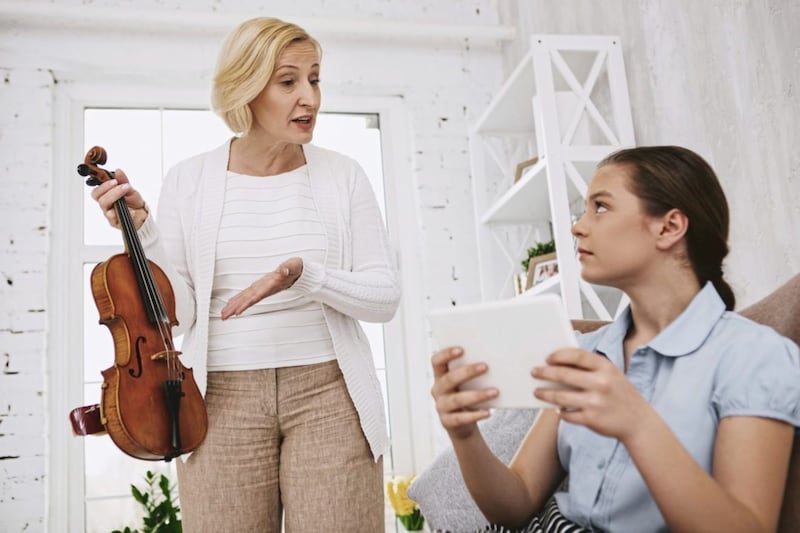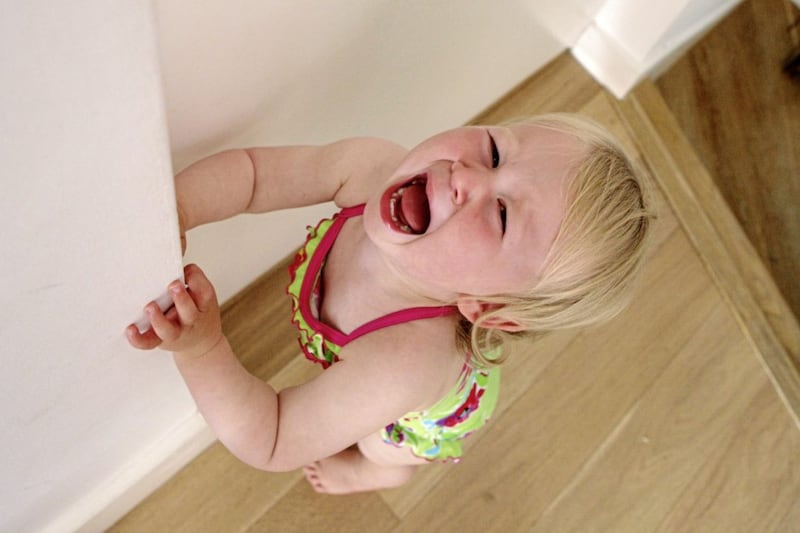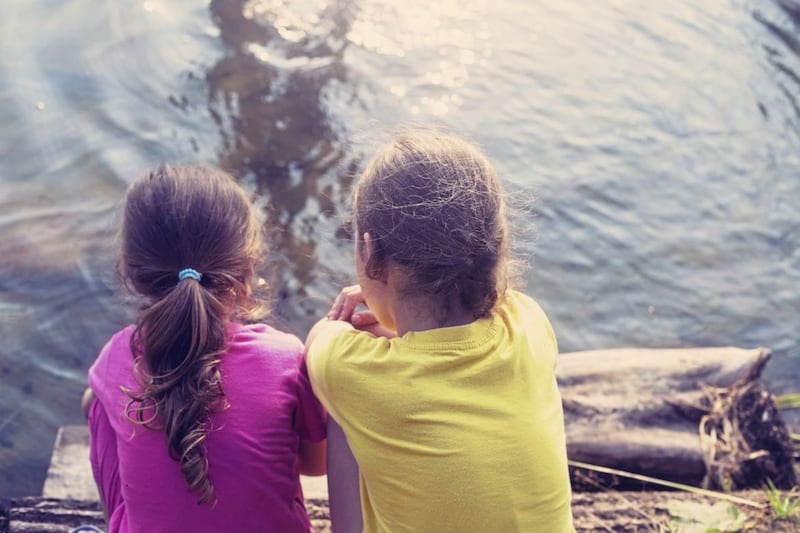WORRIED about the state of the world right now? Some 34 per cent of adults say they have eco-anxiety, while 29 per cent feel overwhelmed by the climate crisis, a recent survey by Triodos Bank revealed. The political landscape has been taking a toll too, with one in three people saying Brexit uncertainly had affected their mental health, according to the British Association for Counselling and Psychotherapy.
A 2018 survey by Mental Health Foundation, meanwhile, found 39 per cent of parents are concerned their children are becoming more anxious about world and national events.
Amidst all the doom and gloom talk, it can be easy to feel hopeless. But could there be things we can do, in our own day-to-day lives, to help encourage positive change, and our own mindsets and moods?
For more and more people, this means being a more conscious consumer. We can only work with what our circumstances allow, of course, but embracing the actions we can realistically make, no matter how small they seem, all adds up – helping reduce environmental impact, bolstering community connections, and often our own wellbeing too.
Do good, feel good
As Vicki Psarias, author of Mumboss and founder of Honest Mum (honestmum.com), put it: "Helping the planet and buying more mindfully and in charity shops/second-hand shops has improved my own self-worth."
The eco mantra, 'reduce, recycle, reuse', is now a familiar term – but arguably 'reduce' is the most important of the three. The last few decades may have been about throwaway fashion and constant upgrades, but now it's about investing more wisely. This may mean buying less, being less wasteful, switching to more sustainable and planet-friendly brands – and having a sense of control over our choices, and knowing we're using our influence as consumers as positively as we can, could help keep that spirit-sucking sense of doom in check.
Remember – nobody's perfect, and nobody should feel guilty if they can't afford organic veg from the farmers' market, for example. It's about looking at our budgets and choices overall.
The rewards keep on coming
For Jo Threlfall, a freelance journalist and blogger (ldmv.co.uk), becoming a more mindful shopper started as a way of cutting back so she could "put my money towards things that matter more to me". One of fashion-lover Threlfall's biggest shifts was around clothes, eschewing the high street for second-hand, charity shops and vintage. It's more sustainable – and has brought knock-on personal rewards.
"I've always liked buying clothes that were one of a kind, and I found thrift items were much better quality than most garments online or on the high street. Some of my best finds this year have been jumpers that cost £7-12. I've also bought pinafore dresses and jumpsuits for around £15, which I've restyled throughout the year," says Threlfall.
"I wanted to make a positive change, which would help benefit my lifestyle and also protect the environment, as I noticed how much fast-fashion damages the planet."
The joy of giving
Another motivation might be to trim back on consumerism so you can give a bit more to charity in 2020.
Beam (beam.org), a crowdfunding platform that helps get homeless people into stable, paid work – by funding skills and confidence-building initiatives, for example – has noticed the value in enabling people to feel more connected to where their donations are going.
Seb Barker of Beam said the charity was "seeing a rise in the number of people choosing to give as a way of doing their bit to make a positive difference during political uncertainty". One explained that giving to "feels meaningful and personal in what they described as an 'era of uncertainty, hostility and alienation'", he added.
